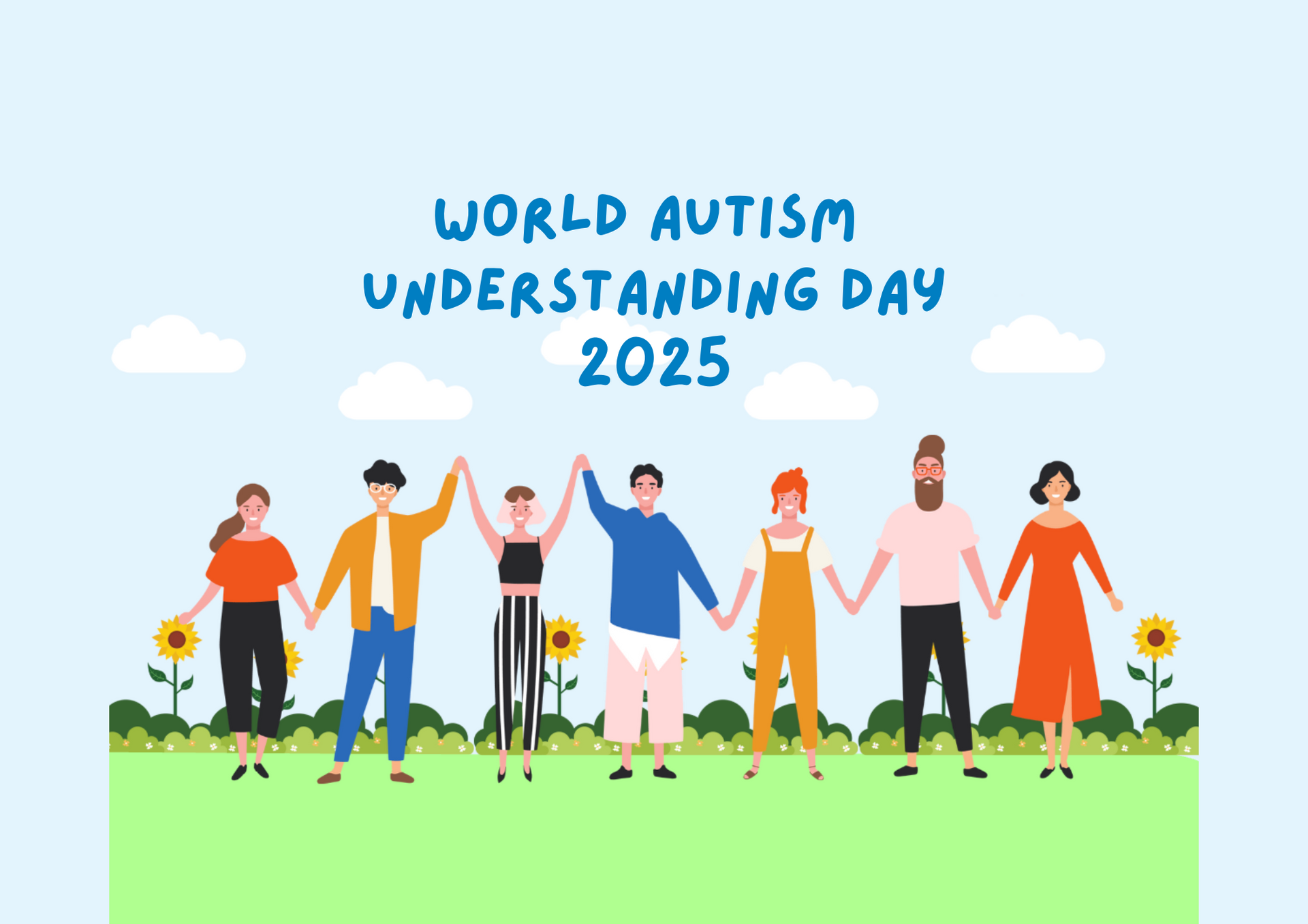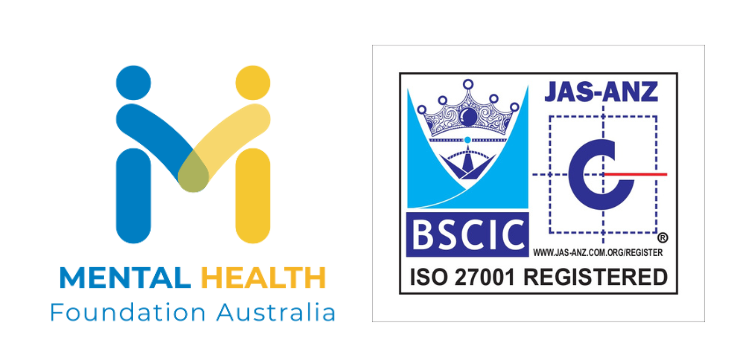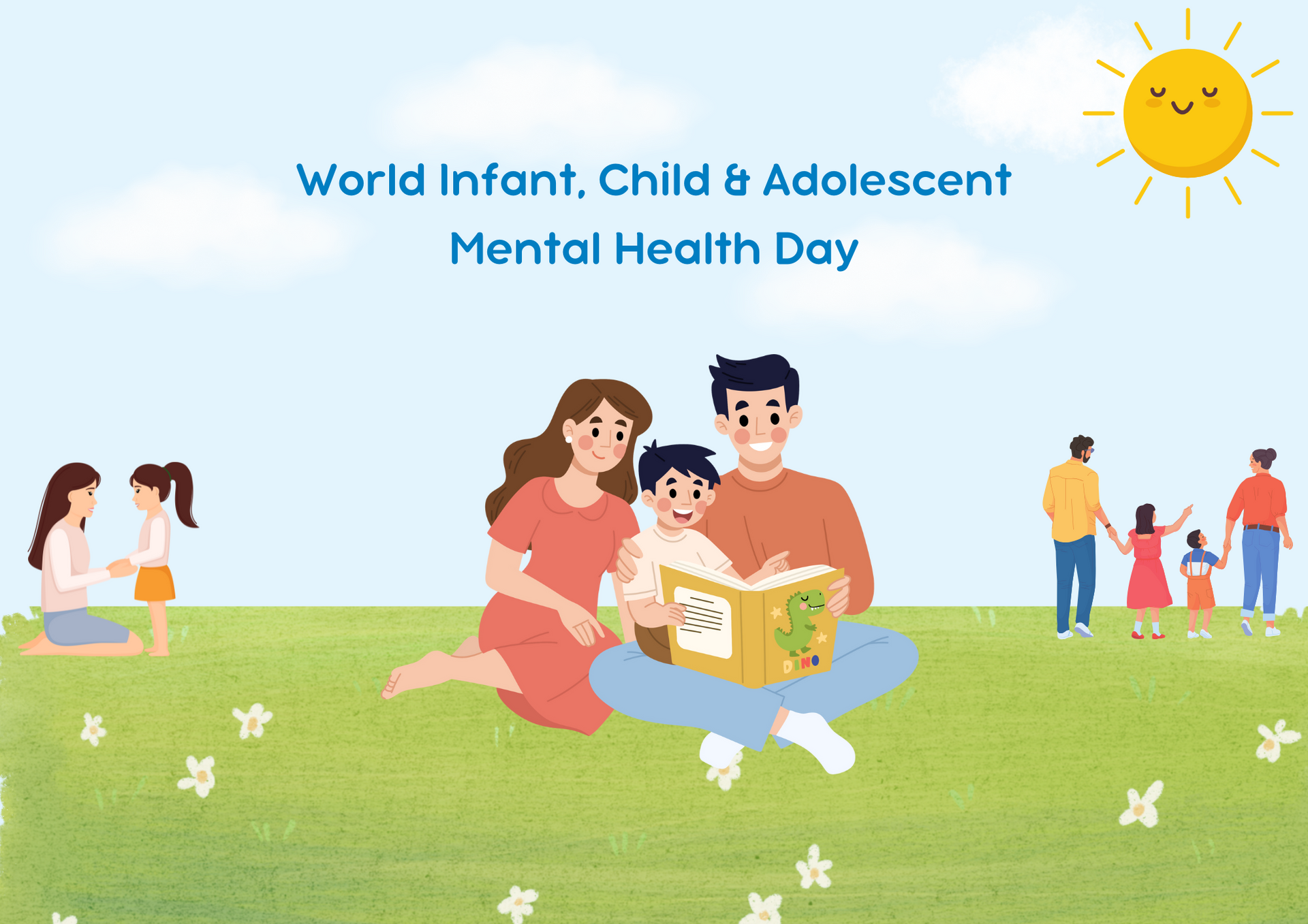Helping a friend, family member or loved one after a traumatic event
June 19, 2023
Dr Ros Lethbridge, Senior Clinical Specialist, Phoenix Australia – the Australian National Centre of Excellence in Posttraumatic Mental Health, University of Melbourne
Last year for PTSD Awareness Day I wrote an article discussing how people can develop posttraumatic stress disorder (PTSD), its signs and symptoms, and effective treatments. If you missed it last year, that article is linked
here. This year I thought it might be helpful to consider how you can support a friend, family member, or loved one after they have experienced a traumatic event.
Traumatic events involve situations that are either life-threatening or have the potential for serious injury, such as physical or sexual assault, disaster, war or a serious accident.
Most people will experience at least one of these types of events during their lives. After a traumatic event, many people experience strong feelings of fear, sadness, guilt, anger, or grief. They might find it hard to cope and it might take a while to come to terms with what has happened. These feelings will usually become less intense after a few weeks. The support of family and friends is particularly important during this time. This article will provide you with some ideas of things you can do to help.
Provide Practical Support
After someone has been through a traumatic experience, re-establishing a normal routine can help to restore a sense of order and control in their life. Some of the ways you can help them return to their normal routine include:
- Recognise that they have been through an extremely stressful event and may need time and space to deal with it. You can help them to find that time and space by providing practical support, such as offering to take care of the kids or do the weekly shopping.
- Encourage them to limit their exposure to media coverage of the event. You might offer to keep track of the news and inform them of new or important information so that they don’t feel the need to monitor it continuously.
- Encourage them to look after themselves by getting plenty of rest, eating well, exercising regularly, making time for relaxation and cutting back on coffee, cigarettes, drugs, and alcohol.
- Join them in doing enjoyable things and encourage them to plan to do at least one enjoyable thing each day. You may need to help the person come up with ideas of things they can do, for example, ask what activities they used to enjoy before the traumatic event.
- Acknowledge their achievements. Sometimes it’s hard to see that things are improving, and the person may need you to point out when they have achieved a goal, no matter how small.
- Encourage them to seek professional help if they are still finding it hard to cope more than two weeks after the traumatic event. Their GP is a good first point of contact.
Provide Emotional Support
Your friend, family member or loved one may or may not want to talk about their experience or feelings. If they do want to talk, the following tips may be helpful:
- Choose a time to talk when you won’t be interrupted, or feel rushed or tired.
- Provide reassurance that distress is to be expected after an experience like theirs.
- Understand that talking about trauma can be painful and the person may get upset. This is a natural part of coming to terms with their experience. Don’t feel that you have to make their distress go away.
- Make another time to talk if it seems like the person is too distressed to continue.
Listening is very important, but it can sometimes be hard to know what to say. Don’t worry about saying ‘the right thing’. There is no right thing to say, but here are a few pointers:
- Try to put yourself in their shoes, don’t interrupt or offer examples from your own life, or talk about yourself.
- Avoid offering simple reassurances such as, “I know how you feel” or “You’ll be OK”.
- Acknowledge their distress with statements like, “It’s really tough to go through something like this”
- Show that you understand by re-phrasing the information they give you. Try starting with something like, “You seem really…”, “It sounds like…”, “Did I understand right that you…”, “No wonder you feel…”
If they don’t want to talk, you can still show your support by spending time with them, talking about other things, and doing practical things to help. Let them be alone for a while if that’s what they want, but encourage them to have company for some time each day. Social connection is important for recovery.
And of course, don’t forget to look after yourself! Looking after friends, family and loved ones impacted by trauma can be stressful and tiring, and you may need to consider taking time to look after your own health and wellbeing.
Useful resources
The Australian Guidelines for the Prevention and Treatment of Acute Stress Disorder, PTSD and Complex PTSD provide evidence-based recommendations that promote recovery following trauma, as well as effective treatment options for people who develop PTSD and other posttraumatic mental health conditions. A helpful summary of the recommended psychological treatments that have found to be effective to treat people with PTSD can be found here.
If you are interested in training in supporting people to recover from psychological trauma, Phoenix Australia offers a practical Psychological First Aid course.

The 7th of April brings around World Mental Health Day once again! Health is a broad topic that can be overwhelming and intimidating to many people, making it seem hard to maintain on top of your work, social life, and family duties. However, there are 5 healthy habits you can incorporate into your daily routine to maintain a healthy lifestyle. Sleep like it’s a priority! Health and sleep go hand in hand, and to feel your best you need to ensure you get a good night’s sleep. A good night’s sleep allows your body to rest and recharge for the following day, boosting both your physical and mental health. To ensure your get a good night’s rest, consider creating a sleep pattern where you go to sleep and wake up at the same every day. While it’s tempting to scroll on your phone or binge watch TV, sticking to a sleep routine helps your body get into a pattern and boosts your mood. Prep like a meal master Healthy meals are time consuming to make, and takeout often feels like the easiest solution after a long day’s work. This is great occasionally; however, they do lack the nutrients your body needs which is where meal prepping comes in! Meal prepping just once a week allows you to keep on track of eating healthy lunches and dinners, boosting both your physical and mental wellbeing, as a balanced diet is linked to improving mood and boosting energy. Sweat in snippets! A full body workout everyday can be overwhelming, but the trick is not to focus on getting in a 2-hour workout every day! Instead aim for 10 minutes here and there, like walking on your lunch breaks or stretching in between work tasks. Even wearing ankle weights while cooking will allow you to be exercising while doing daily tasks! Working out in small bursts is a good way to maintain your physical health and is also seen to boost your mood. Drink up buttercup! Aim to drink a litre of water a day. It’s a simple task that’s easy to forget, but a simple trick is to take a sip every time you pick up your phone. This creates a habit of drinking water every time you’re scrolling on TikTok or texting someone and will help you reach your hydration goal. It’s important to drink water as it helps maintain a healthy body and maintain its functions, so it’s time to drink up buttercup! Pause and breathe If you’re busy working all day, it’s easy to forget to check in with yourself. To solve this problem, set health breaks on your phone that will remind you every few hours. Take just 5 minutes to step away - go for a quick walk or pause to breathe and recharge. It’s a simple way to look after your wellbeing throughout the day and get you moving a little bit, so you’re not stuck in same spot all day. Good Wellbeing Starts Today With such a busy schedule, maintaining your health can be an afterthought. However, these 5 healthy habits aim to incorporate looking after one’s physical and mental health into your daily routine. Download the Supportive Mind app to prioritise your wellbeing In today’s fast-paced world, finding time for yourself can be tough. The Supportive Mind is here to change that. With features designed to help you stay active, track your mood, and access personalised wellness resources, our app is the perfect companion to ensure your mental and physical health come first. Download today: https://www.mhfa.org.au/supportive-mind By Jamie Speight

On the 2nd of April, we come together to celebrate World Autism Understanding Day. As many people in our community with Autism, it is important to understand how you can support someone to make them feel comfortable. World Autism Understanding Day is not only about understanding Autism but also taking actions to be a supportive person to those around you. What is Autism? Autism is a lifelong developmental condition that affects how a person thinks, feels, interacts with others, and experiences their environment, according to Autism Spectrum Australia (Aspect). People who have Autism may have different preferences regarding social interactions, a heightened sensory awareness, have different communication preferences compared to neurotypical people, have many strengths, and are honest, loyal, and kind people. This year's World Autism Understanding Day is delivered in partnership with communities to create a supportive and more inclusive society so people with Autism can feel more comfortable navigating the world. By creating more understanding about Autism, we can challenge myths and misconceptions regarding Autism to create meaningful changes so Autistic people can have the same opportunities and support as everyone else. Common Myths and Misconceptions Autism only affects males - Autism can affect any gender. Whilst males are most commonly diagnosed, females are often diagnosed at a later point in life. People with Autism lack empathy – Autistic people do experience all emotions including empathy; however, they may show and regulate empathy differently compared to neurotypical people. Autistic people are anti-social – Just like everyone, Autistic people still desire social connections and want to create meaningful relationships. Whilst sometimes social interactions and situations can be challenging for Autistic people, this does not mean they do not want to socialise and create connections. Ways to support people with Autism It is important to understand that people with Autism may experience the world differently compared to neurotypical people. By showing you care for and are willing to support Autistic people, you can help them to feel more comfortable within society and themselves. Encourage inclusivity in group settings – Make sure to make invites to group activities clear to Autistic people. Take some time to explain to them what is going to happen to make sure they feel comfortable. Do not force any social interactions but instead help them feel at ease within any group setting. Keep things clear and simple – Sometimes people on the Autism spectrum take things to heart or have difficulty picking up on social cues. Keep your communication clear and your language direct, and do not be disheartened if they are repeating things you have said to them, they are just trying to make sure that they understood what you said correctly. Respect personal space – Individuals on the autism spectrum may have different preferences regarding personal space and touch. It is important to communicate and ask people with Autism their preferences and always ask for consent before initiating any physical contact. Make sure to be mindful of any physical boundaries and do not be disheartened if they say no, they’ll appreciate you asking and listening to what their preferences are. Watch out for overwhelming situations – People on the Autism spectrum can get overwhelmed by sights, sounds, and smells, especially within a busy or large place due to their heightened sensory awareness. Be sure to look out for this, and if this happens try to move them to somewhere less overwhelming so they can have some time to process their surroundings. Create a safe space for them where they feel comfortable talking about their desires and needs, so they can be their authentic selves. Adjustments can include dimming lights and reducing background noise, which can help people with Autism to feel safe and secure again. With a better understanding of what Autism is and how to support within your community, you can help to make them feel more comfortable and have the same opportunities as neurotypical people. Importantly, while we continue to celebrate World Autism Understanding Day, make sure to continue to understand and support individuals with autism every day of the year to make a more inclusive and comfortable world. By Holly Johns



